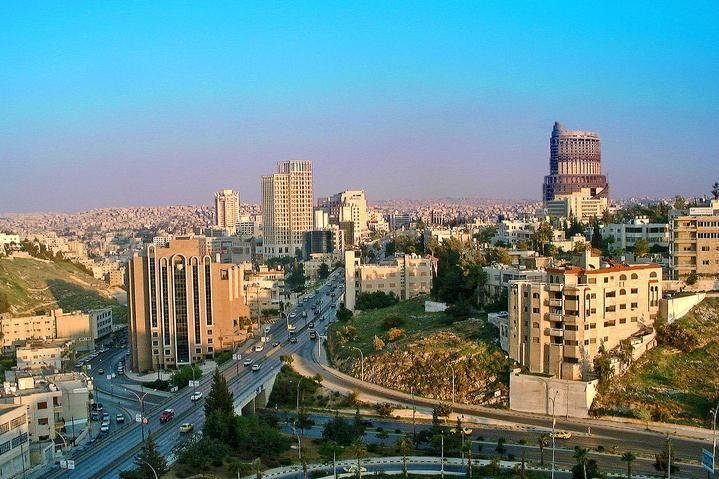The agricultural sector has recently become a key driver of growth and development in Jordan. In 2024, it led the country’s overall economic growth, with a 6.9 per cent increase over the year. In the fourth quarter alone, it grew by 8.4 per cent. Growth was steady throughout the year: 5.7 per cent in the first quarter, 6.2 per cent in the second, and 6 per cent in the third.
This sector is vital and has shown strong progress. It plays a major role in national security. Agriculture is connected to about 23.5 per cent of Jordan’s economic activity through backward and forward linkages. About 27 per cent of its output is exported, and nearly 52 per cent of its production inputs are locally made.
Agricultural exports reached about 1.526 billion dinars in 2024, up from 1.1 billion dinars in 2023. That’s a 39 per cent increase (426 million dinars). The top export markets were Saudi Arabia, Kuwait, and Iraq, making up 62 per cent of total exports.
So, what caused this growth? A big reason is the hard work of the Ministry of Agriculture. Their efforts follow the National Agricultural Strategy, which supports cooperatives, holds exhibitions to share knowledge, and builds strong partnerships with private companies.
Skilled workers have also helped this growth. More agricultural engineers and veterinarians have been trained and hired. New factories have been built—20 in total—and the quality and amount of production have improved.
The sector employs around 80,000 people, which is about 5 per cent of Jordan’s workforce. Jordanians make up about 40 per cent of that number. Although the sector lost 33,000 workers over the past ten years, it is now attracting more people again and contributing more to the economy.
Jordan’s Economic Modernization Vision (EMV) listed agriculture and food security as key priorities. Agriculture was ranked as a high-value sector because it adds a lot to the economy. The sector covers everything from farms to factories to markets. The plan includes nine main initiatives to boost food security and promote local food products both inside and outside the country.
But the sector still faces challenges. Farmland lacks enough water and resources. Agriculture uses over 50 per cent of Jordan’s water, which is why using treated wastewater is being considered. Many farms are small and scattered, which lowers productivity. Also, although Jordan is near countries with high food demand, some crops are costly and low-yield, which makes it hard to compete in those markets.
Continued focus on agriculture is crucial. Over the past decade, the sector has grown by 101 per cent, contributing an additional 1.5 billion dinars to the economy. Today, there is a greater recognition of its importance, particularly in ensuring food security and maintaining national stability.

